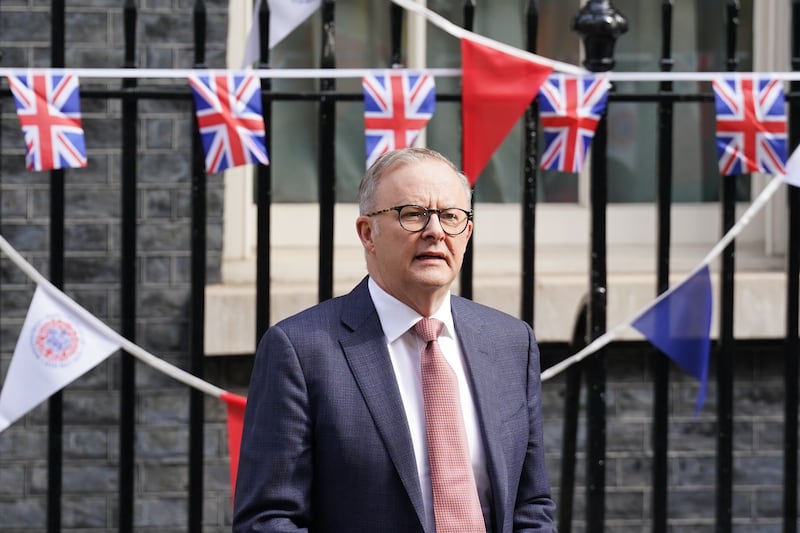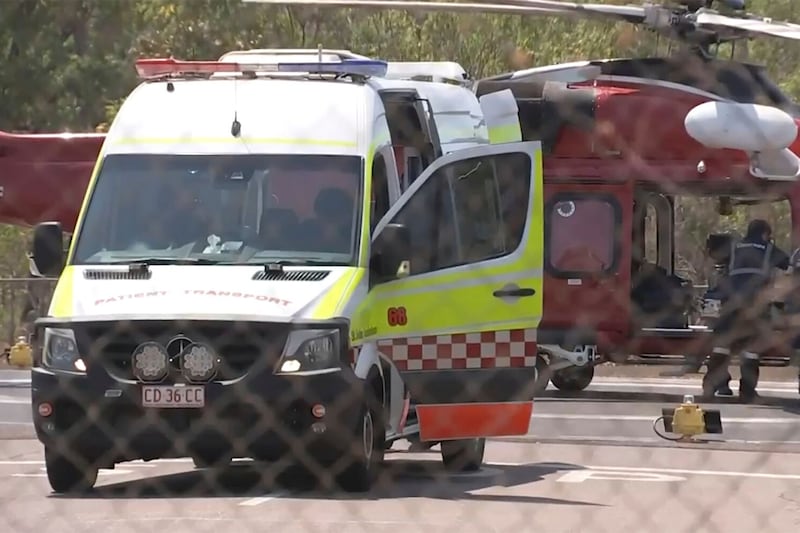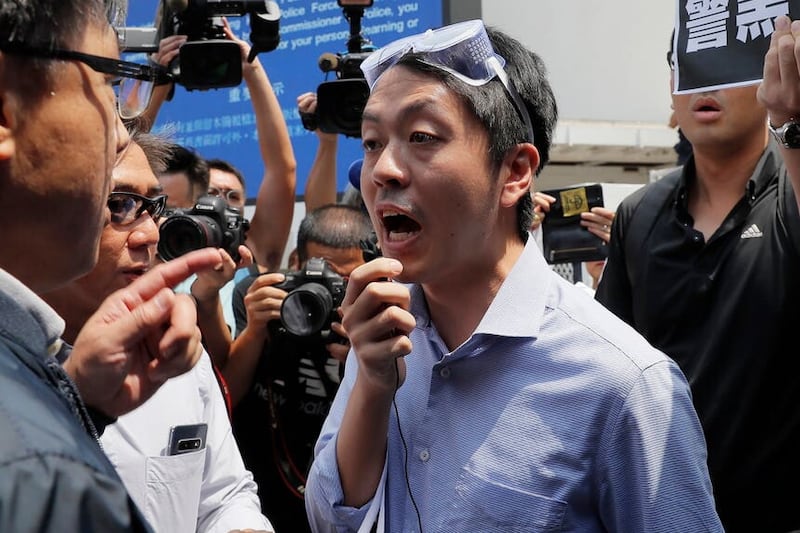Australian leader Anthony Albanese is set to become the country’s first prime minister to visit China in seven years.
Mr Albanese will hold talks with president Xi Jinping and premier Li Qiang during the visit, which is being viewed as an attempt to mend fences between the two nations after a period of mistrust and disagreements.
The prime minister told reporters last month when he announced the trip: “It’s in Australia’s interest to have good relations with China.

Australia’s first perceived slight against China came in 2018 when the nation passed national security legislation that banned covert foreign interference in domestic politics and made industrial espionage for a foreign power a crime.
China took the freshly passed law as an implication that Australia viewed it as a security threat.
Two months later, the government banned Chinese-owned telecommunications giant Huawei from rolling out its 5G network in Australia due to unspecified security concerns.
Chinese trade barriers followed the Australian government’s demands for an independent inquiry into the origins of Covid-19 and China’s responses to the pandemic.
China then accused Australia and other nations of “politicising” the issue.
In October, the Australian government revealed it would not cancel a Chinese company’s 99-year lease on the Northern Territory’s Darwin Port, despite fears that foreign control could be used to spy on its military forces.
Mr Albanese has been a vocal critic of the Shandong Landbridge Group operation of Darwin Port since the deal was struck in 2015.
Security analysts now interpret the decision to let the lease go ahead as a concession to China ahead of Mr Albanese’s visit.
Mr Albanese maintains he has made no concessions to China to achieve more stable relations, however, citing the October release of Australian journalist Cheng Lei from a Chinese jail after accusations she illegally supplied state secrets overseas.
Her charges were never made public.

Despite the political upheaval between the two nations, the University of Technology Sydney’s Australia-China Relations Institute revealed that Australian exports to China have more than doubled in value recently.
Australian government data valued annual exports for the year to August at 194 billion Australian dollars. In 2016, that figure for the same period was 96 billion.
Renmin University international relations professor Wang Yiwei said China wanted stable diplomatic relations with Australia to underpin economic relations.
“China still hopes that there will be a proper distinction between security and economy,” he said.








